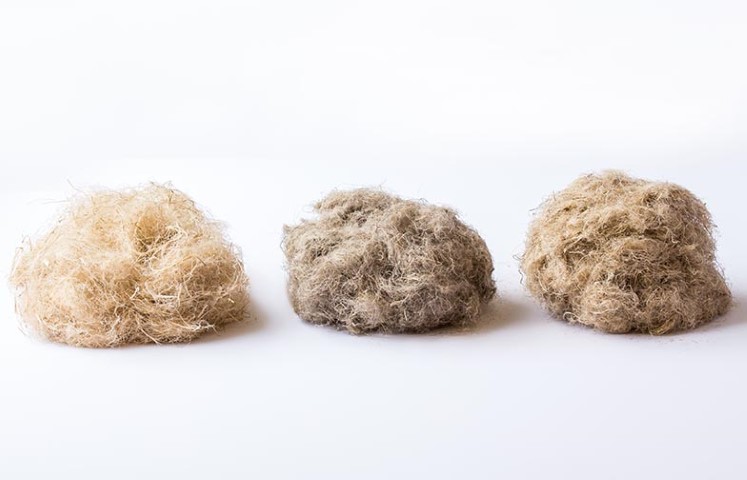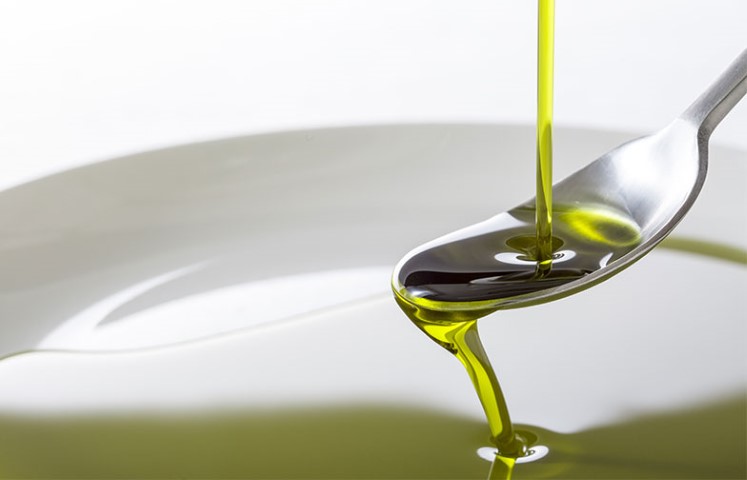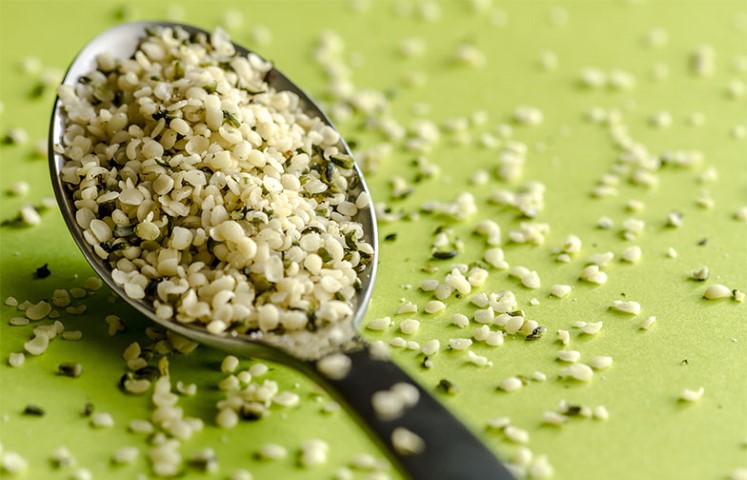Industrial hemp boasts exceptional versatility, with each part of the plant offering distinct properties and applications.
Textiles: Hemp bast fibers can be used to make a variety of textiles, including clothing, towels, bedding, and canvas. Hemp fabrics are known for their strength, durability, and breathability.
Paper: Hemp bast fibers can be used to make high-quality paper that is stronger and more durable than traditional wood pulp paper. Hemp paper is also more sustainable to produce, as it requires less water and energy to produce than wood pulp paper.
Building materials: Hemp bast fibers can be used to make a variety of building materials, including insulation, roofing materials, and wallboard. Hemp building materials are known for their strength, durability, and sustainability.
Bioplastics: Hemp bast fibers can be used to make bioplastics, which are biodegradable and renewable alternatives to petroleum-based plastics. Hemp bioplastics can be used to make a variety of products, including food packaging, straws, and utensils.


Animal bedding: Hemp shives are a popular choice for animal bedding, as they are absorbent, comfortable, and dust-free.
Mulch: Hemp shives can be used as mulch to help suppress weeds and retain moisture in the soil.
Building materials: Hemp shives can be used to make a variety of building materials, including particleboard, insulation, and acoustic panels.
Tea: Hemp leaves can be dried and brewed into a tea. Hemp tea is known for its calming and relaxing effects.
Smoothies: Hemp leaves can be added to smoothies to boost their nutritional value. Hemp leaves are a good source of vitamins, minerals, and protein.
Supplements: Hemp leaves can be dried and ground into a powder. This powder can then be used to make capsules or other supplements. Hemp leaf powder is a good source of cannabinoids, which are the compounds in hemp that are responsible for its medicinal and recreational effects.

Food source: Hemp seeds can be eaten raw, cooked, or ground into flour. They are a good source of protein, omega-3 fatty acids, and fiber.
Hemp milk: Hemp seeds can be soaked and blended with water to make a milk-like beverage. Hemp milk is a dairy-free alternative that is high in nutrients.
Hemp oil: Hemp seeds can be pressed to extract hemp oil. Hemp oil is a good source of omega-3 fatty acids and other essential nutrients.
Hemp protein powder: hemp seeds can be ground into a powder and used to make hemp protein powder. Hemp protein powder is a good source of plant-based protein.
Industrial hemp is a versatile plant with a wide range of potential applications. Each part of the plant has its own unique properties and uses. By using all parts of the hemp plant, we can maximize the benefits of this sustainable and renewable resource.